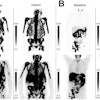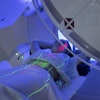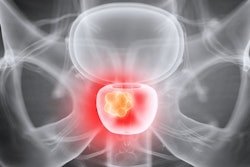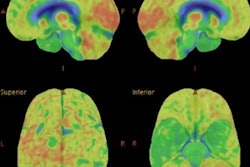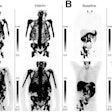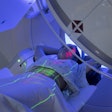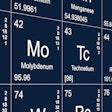Dear AuntMinnieEurope Member,
A U.K. medical tribunal ruled this week on a rather bizarre and puzzling case involving a radiologist who lied on his curriculum vitae by stating he was a general practitioner (GP).
As the saying goes, your lies will catch up with you, and this was certainly true here. But why did Dr. David Richard Foster falsely claim to be a GP? Was it because he was writing reports on topics outside the usual competence of a radiologist? These questions remain unanswered.
Much has been said recently about the need for an ethical approach to artificial intelligence (AI), but it's not always clear exactly what this involves. Informatics experts from Italy have addressed this issue, and their seven-point plan for AI deserves a close look. Go to the Artificial Intelligence Community.
Also from Italy, we have a news report about why women miss breast screening appointments. The authors called a random selection of nearly 1,500 individuals from the 2017 cancer screening program who had failed to attend. Find out more in the Women's Imaging Community.
Dutch researchers have been keeping busy too. They've presented new data on breast microcalcifications, having looked at two decades of mammography screening results from hundreds of thousands of women.
Meanwhile, a Belgian study found that FDG-PET proved superior to MRI and arterial spin labeling (ASL) for diagnosing and differentiating various forms of dementia. Two readers achieved higher sensitivity and greater diagnostic confidence with FDG-PET against MRI and a protocol called enhanced multiplane tagging ASL (eASL), which is used to quantify cerebral blood perfusion. Despite the differences, the researchers still believe MRI with eASL can play an important role in dementia diagnosis.
And while you're visiting the Molecular Imaging Community, we have an article from CERN, the European Organization for Nuclear Research, about enhancing the performance of state-of-the-art systems for time-of-flight PET.
